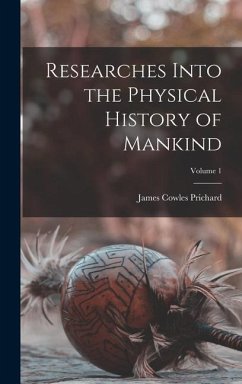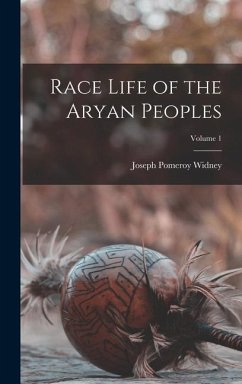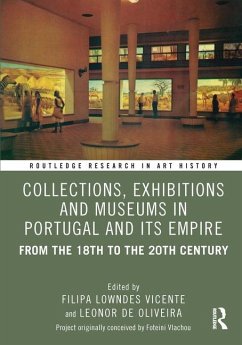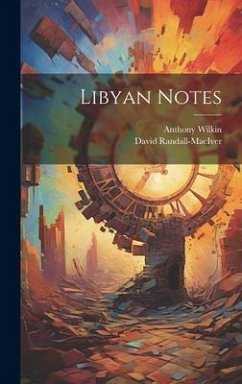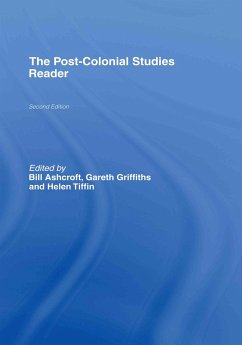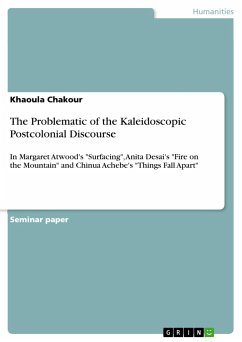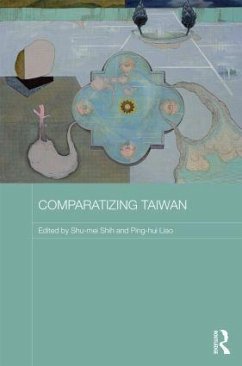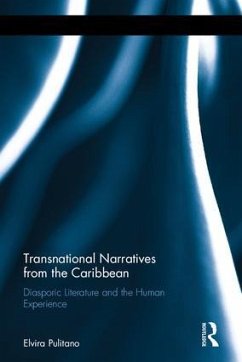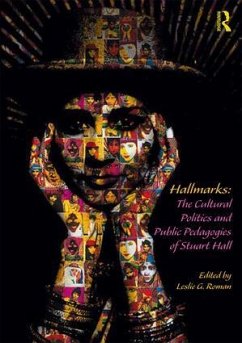
The Routledge Handbook of Classics, Colonialism, and Postcolonial Theory
Versandkostenfrei!
Versandfertig in über 4 Wochen
278,99 €
inkl. MwSt.
Weitere Ausgaben:

PAYBACK Punkte
139 °P sammeln!
This handbook explores the ways in which histories of colonialism and postcolonial thought and theory cast light on our understanding of the ancient Mediterranean world and the discipline of Classics, utilizing a wide body of case-studies and providing avenues for future research and discussion.





